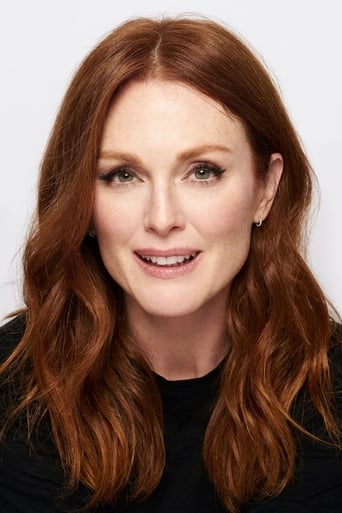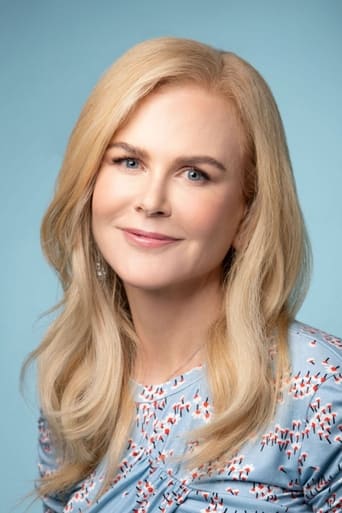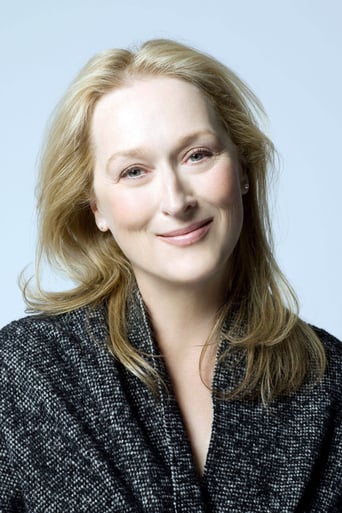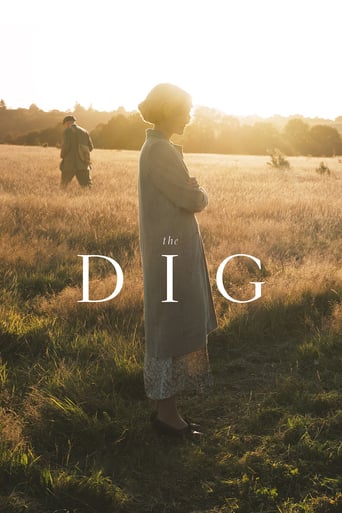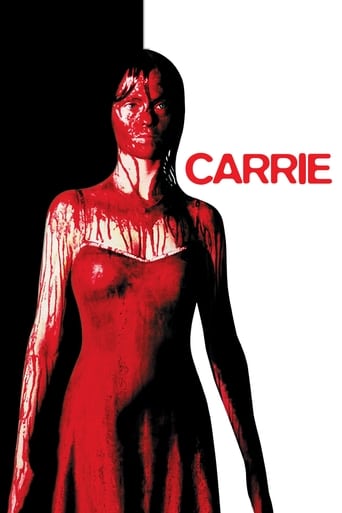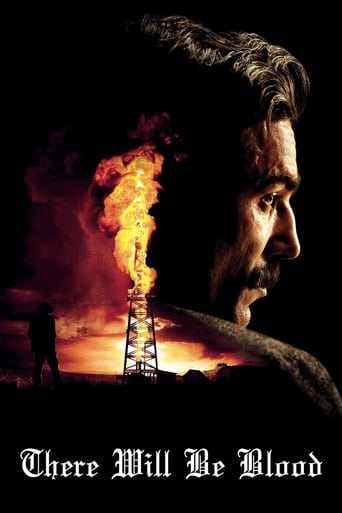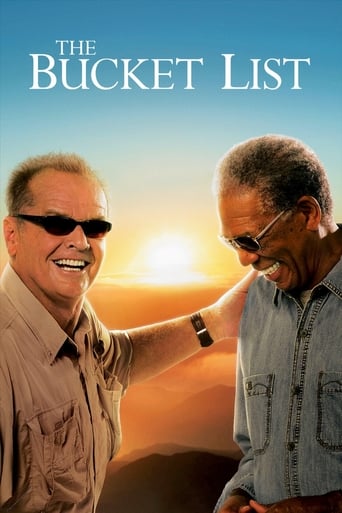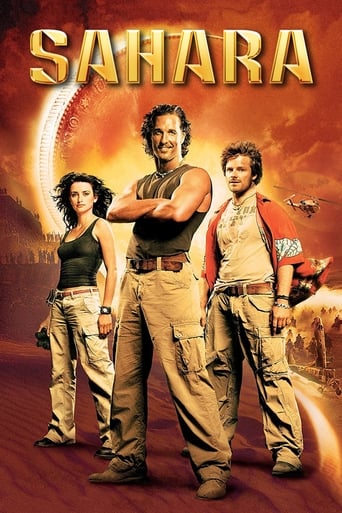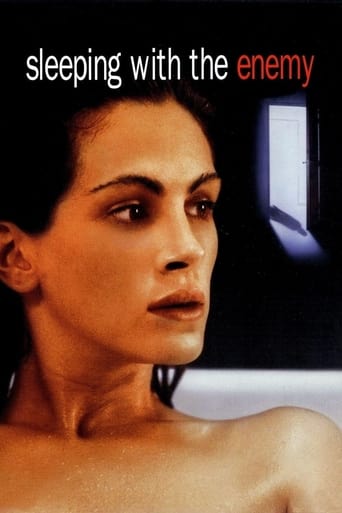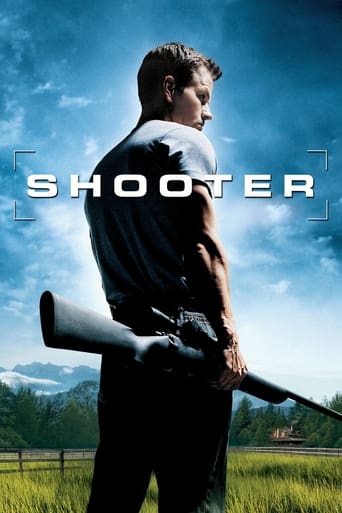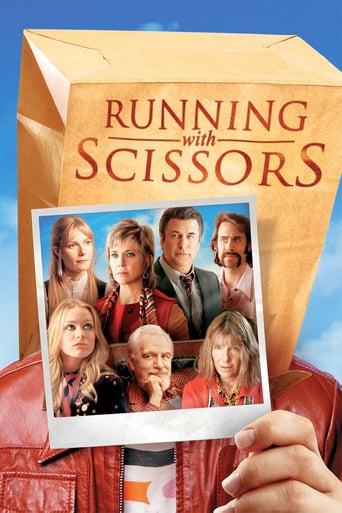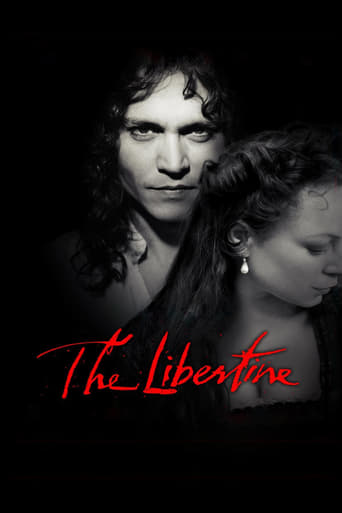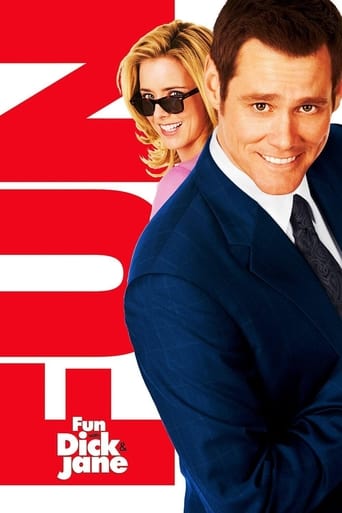
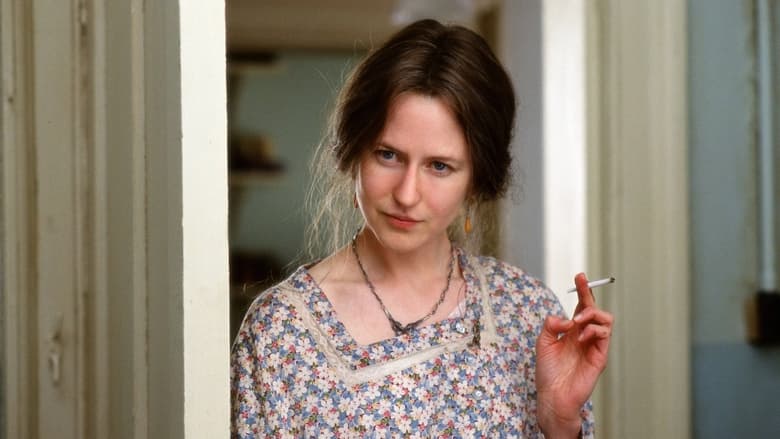
 Watch Now
Watch Now






The Hours (2002)
 Watch Now
Watch Now






"The Hours" is the story of three women searching for more potent, meaningful lives. Each is alive at a different time and place, all are linked by their yearnings and their fears. Their stories intertwine, and finally come together in a surprising, transcendent moment of shared recognition.
Watch Trailer
Cast


Similar titles
Reviews
Truly Dreadful Film
Thanks for the memories!
Pretty good movie overall. First half was nothing special but it got better as it went along.
It is a whirlwind of delight --- attractive actors, stunning couture, spectacular sets and outrageous parties. It's a feast for the eyes. But what really makes this dramedy work is the acting.
The movie The Hours is based on the Pulitzer prize-winning novel by Michael Cunningham. The book is inspired by Virginia Woolf's novel Mrs. Dalloway, and Virginia Woolf is one of the central characters here. Three separate lives in three different places at three different times are all connected by Mrs. Dalloway. Nicole Kidman plays the novelist Virginia Woolf living in Sussex, England in 1941. Julianne Moore plays Laura Brown, a Los Angeles housewife with a loving husband and a young son. Meryl Streep plays Clarissa Vaughn, a N.Y. publisher in 2001. Woolf wrote Mrs. Dalloway, Laura Brown is reading it, and Clarissa Vaughn references it.Roger Ebert characterizes the connections between the three stories when he describes the film as a "meditation on separate episodes linked by a certain sensibility". All three characters feel constrained by social obligation while at the same time experiencing a profound sense of being alone. There are parallels between the characters involving questions of sexual orientation, existential meaning, and ultimately, death. The second and third stories are linked in ways that are not immediately clear, but their connection provides great insights into the deeper meaning of the film. In the end, what really connects their lives is not historical coincidences, but textures and tones.The film is directed by Stephen Daldry who also directed Billy Elliot, a personal favorite of mine. One of the things I like about British films is the emphasis on texture and tone. American films value plot above all else. The complex interweaving of this story and the pacing of the film will be off-putting to filmgoers seeking a steady diet of fast-paced action. It is a tribute to the filmmakers that I left the theater wanting to see the movie again so that I could mine the depths of meaning, and better understand the lives of the characters.If you need additional incentives to motivate you, the film is worth seeing for performances alone. Julianne Moore, Meryl Streep, and Nicole Kidman are some of the great talents working in film. Solid supporting performances are provided by Ed Harris, Claire Danes, and John C. Reilly. Reilly is nominated for best supporting actor for his performance in Chicago, but has the distinction of being in three of the five films nominated for best picture (Chicago, The Hours, and Gangs of New York).Betty Friedan, in writing about the constraining effects of gender roles once wrote that "beneath our masks we are very much alone." This loneliness is explored in intimate detail here. A less profound literary reference comes from the 60's pop duo Chad and Jeremy who sang "I don't care what you say, I won't stay in a world without love." The Hours is not fast-paced and some will dismiss it as a "chick flick", but the film's greatness lies in its probing exploration of the paradoxes of human existence.
Where do you start with a convoluted work like 'The Hours'?. The Novelist Michael Cunningham tends to infuse his own homosexual view of relationships into his characters and the reader. TIME magazine's Richard Schickel's perceptive review of this film version leans toward being the most accurate, he summed it up as being...'Agenda Driven'. David Hare's jigsaw like screenplay adaption makes excellent use of cinematic creativity to juxtapose the inter-related time shifts. It's via this technique we're best able to see director, writer and photographer working so perfectly together.David Hare is no stranger to the theme of suicide. His own written and directed (sadly, rarely screened) 1985 classic 'Whetherby' is testimony to his sensitivity and skill with this subject. As for the variety of interconnected characters, there's an uncomfortable ambiguity that tends to prevent the viewer fully connecting with them. Firstly, we have Julianne More's Laura as a classic example: What earlier goals had this woman set for her life before marriage?. She has what billions of less fortunate women the world over would gladly trade places for - a comfortable home, caring husband, an adoring 6 yr old son (marvelously played by young Jack Rovello), a daughter on the way, clothes, car and money to spend. The only suggestion the writers offer for her intense suicidal tendencies comes during a visit by Kitty (Toni Collette) her female neighbor - Laura plants a passionate kiss square on the mouth of this very surprised woman - could Laura have been a lesbian all along? - Kitty, who had just finished telling Laura that she feels like a failure because of her inability to conceive, then looks up all dewy eyed at Laura and says 'your such a warm woman'...surprise!, could it be that all these years Laura's neighbor may also have been a lesbian?. Perhaps we should look further.... A similar excuse is drawn up for Meryl Streep's Clarissa. She's in a lesbian partnership but cannot let go of strong feelings she holds for an old relationship she had with Richard (Richard is the homosexual son of our above mentioned Laura and she had abandoned him years earlier!). This brings to question some theories on same sex partnering...Is Richard really a homosexual or is he simply avoiding a serious relationship with Clarissa (the woman he constantly claims to love), could Richard's indecision be out of fear that Clarissa might also abandon him as his mother did?. Is Clarissa in fact a true biological lesbian?. None of these issues are convincingly made clear.How many may choose homosexual relationships, not for biological reasons, but from fear or misunderstandings?. These choices have the potential to introduce serious dilemmas as people mature into deeper understandings of themselves. Here, we witness their decisions bring deadly consequences for all involved. Even Richard's male lover admits to Clarissa that he never felt freer than the day he left him!. So, what does poor Richard get out of all this? - deadly AIDs and yet more suicide! What about the unfortunate Virginia Woolf? (well played by an unrecognizable Nicole Kidman). If we look back over Woolf's life, she has tragically admitted she and her sister were abused by their half brothers ~ She was totally devastated by the death of her parents and brother ~ She also had a lesbian dalliance that soon petered out ~ In the film, Virginia goes on to admit the only time she ever felt fulfilled and at her happiest - was in her relationship with her beloved husband. Yet again, the novelist rather bizarrely offers up suggestions that a lesbian relationship might still be her possible savior. Somehow this all has a tendency to look and feel like over simplistic agenda based reasoning than genuine relationship philosophy.With stylish direction by Stephen Daldry ~ marvelous editing by Peter Boyle (AKF '92's neglected 'Into the West') ~ dressed to the hilt with so many stunning performances (too difficult to say whose best) ~ then add Irish born director of photography Seamus McGarvey (known for the odd 'Harry Dean Stanton Partly Fiction') providing dazzling images ~ now wrap it all up in Philip Glass's haunting, insistently minimalist music score. What you have could be one of the most compelling movies you just may find all too difficult to watch again. The films surprising success could be attributed to all the above elements but, there have been many other powerful, introspectively themed movies that were unfairly neglected, why?. The Hours could prove rewarding for those who can take the depressing intensity....for others, the seconds, minutes and hours may seem more like weeks.
I am still confused to this day why this would be nominated for Oscars. The acting was okay but it definitely didn't deserve a Best Picture nomination. A suicidal/lesbian film about three women who all have some connection to Mrs. Dalloway, a novel by Virginia Woolf. Nicole Kidman plays Virginia Woolf, the writer of the novel, Mrs. Dalloway, who strangely makes out with a woman who I think might have been her sister. Then she kills herself by drowning herself in a river. Julianne Moore plays Laura Brown, a housewife who randomly makes out with her friend, Toni Colette, who is about to undergo surgery. Laura almost kills herself by overdosing on pills in a hotel room but has a strange dream and does not do so. Meryl Streep plays Clarissa Vaughn, a publisher, who has a friend dying of AIDS. One day she goes to his apartment and he jumps out of a window. She then goes home and makes out with her partner, Allison Janney. I am so angry that i thought this would be good. Netflix gave it 2 stars & I should've taken there advice and stayed away.I HATE THIS MOVIE! DO NOT WATCH THIS MOVIE!
This is an excellent example of how the great and authentic adaptation of a famous novel should look like. The film consists of three different but firmly connected stories.In the first story Virginia Woolf is a sick writer in the 19 century and her husband sustains her. She is writing the novel "Mrs. Dalloway" about a woman that has completely different life and is the one who sustains a male sick writer. One day in life of Mrs. Dalloway, exactly as it is depicted in the novel, is presented in the third story of the film, which is set in the 21 century. Clarissa Vaughan is giving her best to organize a party for her ill friend Richard, but he is depressive and understands he is the obstacle for the happiness of Clarissa. He knows that from the experience of his mother (Larisa Brown), so he decides to go and let his dear friend live. Virginia, from the first story, knows that, too. She realizes that fact while composing the novel and is aware she is the one that has to go.In the second story set in 1950s, there is a portrayal of a woman, Larisa Brown, who struggles to find her own path in the society full of social stigmas (especially concerning women). She is reading the novel "Mrs. Dalloway" which she sees as the possible solution for her life. She is unstable and frustrated, always trying to have some sort of control in the situations in which it seems she has no control at all. Her friend and neighbor is completely different character, but also has her own struggles in men dominated world and wants to at least have an illusion of control. 'I want to drive the car myself', are her words that illustrate the point. That stigma of Laura's family life has to die, or else she has to die. She chooses to live and abandons her family for good.


